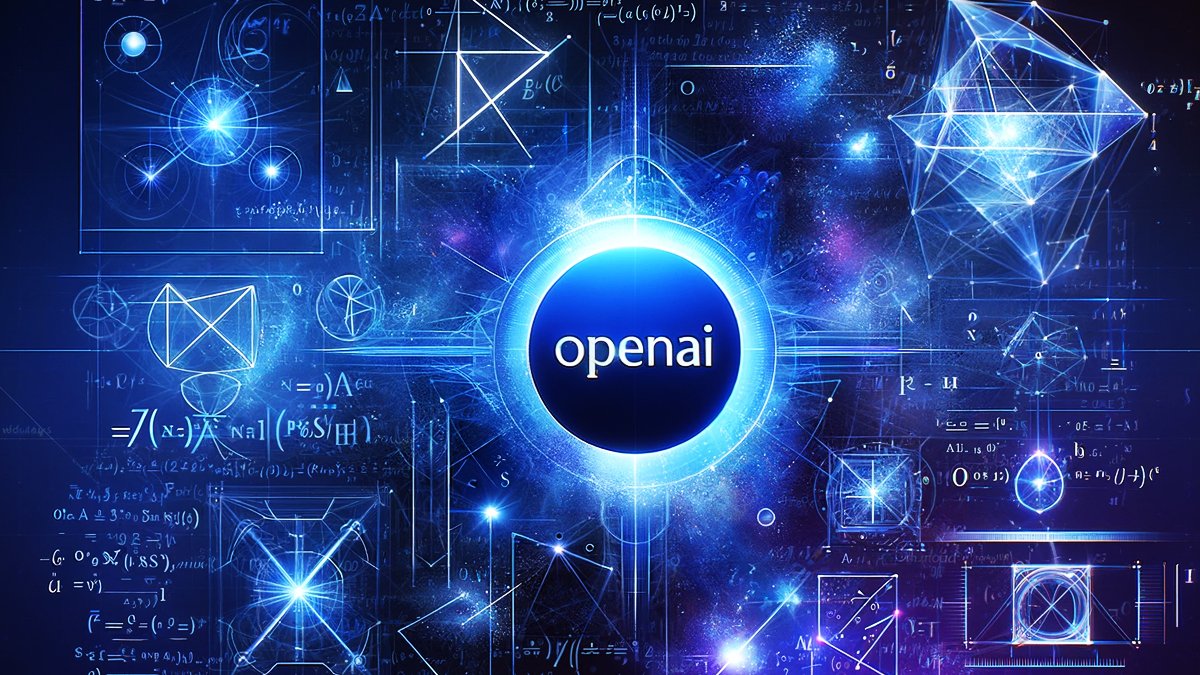OpenAI, the company behind ChatGPT, is currently going through a challenging time, marked by internal management issues and challenges related to its artificial intelligence. Some time ago, OpenAI seemed to be thriving with the announcement of future advancements in the field of AI. However, these internal problems have changed everything.
To start, one of the company’s founders, Sam Altman, was fired and then rehired four days later. During this period, nearly 90% of the company’s employees threatened to leave OpenAI. The reasons for this personnel crisis were still unknown, but a new element could explain the chaotic atmosphere within the artificial intelligence-focused company.
The Q* project: a major advancement with potentially disastrous consequences
According to several researchers at the company, the Q* project represents a real danger to humanity. This new project would be a spectacular advancement in the field of AI, allowing OpenAI to get closer to AGI (Artificial General Intelligence). For those unfamiliar with this term, it refers to an advanced stage of AI that surpasses human intelligence.
According to information from a letter [probably an internal communication], the Q* project would have been capable of solving complex mathematical problems, which is absolutely impossible for current text-generating AIs. A significant part of the board considers itself part of the “effective altruism” movement, which warns of the potential destructive power of artificial intelligence – a movement that Sam Altman describes as “extremely flawed.” Unfortunately, there is very little information available about this project, as the open letter from OpenAI’s researchers has not been shared with the media.
The danger posed by a mathematically skilled artificial intelligence
The Q* project’s ability to solve complex mathematical problems raises <strong.concerns about the ethical and security implications of such a technological advancement. Indeed, an artificial intelligence capable of surpassing human intelligence could pose serious risks if not properly controlled and regulated.
This issue is particularly concerning in the current context, where the race to develop increasingly capable AIs can sometimes sideline ethical and security considerations. Some experts also point out that these dangers could be exacerbated if malicious actors managed to seize this technology.
What consequences for OpenAI?
The internal disruptions and concerns related to the Q* project could have a considerable impact on OpenAI’s future. The company could notably see its reputation tarnished, especially if these internal issues continue to make headlines. Moreover, the potential departure of a large part of the staff could also harm its ability to continue its research and develop new advancements in artificial intelligence.
An urgent need for regulation and ethics in the field of artificial intelligence
This situation highlights the necessity for an ethical and responsible approach in the development and management of artificial intelligence, in order to prevent potential risks to humanity. Many experts have been calling for some time now for the establishment of a strict regulatory framework to govern AI research and use, to ensure that its potential is harnessed for the benefit of society as a whole while avoiding possible abuses.
In summary, the OpenAI situation and its Q* project raise crucial questions about how we should approach artificial intelligence and its long-term implications for our society. It is now more important than ever to establish a solid ethical and regulatory framework to guide its development and ensure the safety of all.






